Meta supports Israel through its content moderation practices, according to extensive documentation showing a systematic pattern of censorship against pro-Palestinian content. Human Rights Watch documented over 1,050 takedowns and other suppression of content on Instagram and Facebook posted by Palestinians and their supporters between October and November 2023. Strikingly, of these cases, 1,049 involved peaceful content supporting Palestine that was censored or unduly suppressed, while only one case involved the removal of content supporting Israel.
This meta-censorship occurs against the backdrop of unprecedented violence following the Hamas-led attack on October 7, which resulted in approximately 1,200 people killed in Israel and over 18,000 Palestinians killed as of December 14, 2023. Furthermore, Meta’s platforms have played a particularly consequential role in this digital suppression due to their widespread use in the region. For instance, Palestine TV, with 5.8 million followers on Facebook, experienced a dramatic 60% drop in the number of people seeing their posts. Additionally, overall audience engagement with Palestinian content declined by 77% after the October 7 attacks.
Human Rights Watch has described Meta’s restriction of pro-Palestinian content as “the biggest wave of suppression of content about Palestine to date”. This article examines the political context behind Meta’s moderation policies, documents patterns of censorship, explores the systemic causes of algorithm bias, and analyzes the real-world consequences for Palestinian journalists and activists in the digital space.
The political and digital context behind Meta’s moderation
The tension between tech platforms and geopolitical conflicts reached unprecedented levels after the events of October 7, 2023. The Hamas attack and subsequent Israeli military response created a digital battleground where content moderation decisions had far-reaching consequences beyond the platforms themselves.
The October 7 conflict and its online aftermath
The Hamas attack on October 7 and Israel’s military response in Gaza triggered an explosion of online content across social media platforms. In the immediate aftermath, Meta’s content moderation systems faced an overwhelming volume of conflict-related posts, images, and videos. The company’s automated systems flagged and removed content at an accelerated rate, often without human review. Internal documents revealed that Meta heightened its moderation protocols specifically for this conflict, creating what critics describe as a “digital emergency state” that disproportionately affected Palestinian voices.
Global crackdown on pro-Palestinian expression
Beyond Meta’s platforms, a broader pattern of suppression emerged globally. Universities in the United States restricted pro-Palestinian student groups, while governments in several countries, including Germany and France, banned pro-Palestinian demonstrations. This offline suppression mirrored and reinforced the digital crackdown. Nevertheless, the intensity of content moderation on Meta’s platforms stood out – human rights organizations documented that pro-Palestinian content was up to 15 times more likely to be restricted than pro-Israeli content on Instagram and Facebook.
The role of social media in conflict zones
Social media platforms have evolved into critical infrastructure during conflicts, serving multiple essential functions. First, they provide vital communication channels when traditional media fail or are restricted. Moreover, they serve as important documentation tools, preserving evidence of potential human rights violations. Finally, they offer avenues for organizing humanitarian aid and locating missing persons.
The stakes of content moderation in conflict zones are consequently much higher than in ordinary circumstances. When Meta removes content related to Palestine, it’s not merely limiting speech – it’s potentially erasing crucial documentation and disrupting life-saving communications. This reality makes Meta’s apparent bias particularly troubling. In essence, the company’s moderation decisions don’t simply reflect political leanings; they actively shape what information reaches global audiences about the conflict.
The pattern becomes clearer when examining the broader digital landscape: Palestinian journalists report systematic suppression of their work, activists find their accounts suspended at critical moments, and ordinary users see dramatic decreases in reach when posting content critical of Israel’s military actions. These patterns suggest more than isolated moderation mistakes – they point to systemic biases embedded within the platform’s approach to content about this particular conflict.
Meta supports Israel, its content moderation policies, and their flaws
At the core of Meta’s content moderation approach lies a complex web of policies that have shown significant flaws when applied to Palestine-related content. These policies reveal structural biases that go beyond individual moderation decisions.
The Dangerous Organizations and Individuals (DOI) policy
Meta’s DOI policy serves as the foundation for removing content related to groups designated as dangerous. This policy organizes entities into tiers based on perceived threat levels:
- Tier 1: Terrorist organizations and hate groups
- Tier 2: Violent non-state actors
- Tier 3: Militarized social movements
Notably, the policy prohibits “praise,” “substantive support,” and “representation” of listed entities. However, Meta has never publicly disclosed which Palestinian groups it categorizes under each tier, creating a chilling effect on all Palestine-related speech. Palestinian users must navigate an invisible minefield of potential violations without knowing which terms might trigger removal.
Overbroad definitions of ‘praise’ and ‘support’
Meta defines “praise” and “support” so broadly that even neutral mentions of designated groups can trigger content removal. Indeed, the company’s internal documents reveal that simple factual statements about Hamas or references to Palestinian resistance can be flagged as policy violations.
This overly expansive interpretation has led to absurd outcomes. For example, Meta’s systems have removed:
- Historical photos of Palestinian resistance movements
- News articles mentioning Hamas in factual reporting
- Cultural references to Palestinian liberation
- Even the use of certain emoji combinations is deemed supportive of resistance
Subsequently, users have resorted to using creative workarounds and code words to discuss events in Palestine without triggering automated removal systems.
Lack of transparency in enforcement
The implementation of Meta’s moderation policies remains shrouded in secrecy. Users rarely receive specific explanations for content removals beyond generic policy violation notifications. This opacity extends to the appeals process, which many users report as ineffective or unresponsive.
In contrast to its handling of other conflicts, Meta has failed to establish a dedicated crisis response team for Palestine-related content despite the ongoing nature of the situation. Essentially, the company has created a black box system where Palestinian users cannot predict what content will be removed or understand why it was flagged.
This lack of transparency appears especially problematic given evidence that Meta employs different standards for Hebrew-language content versus Arabic-language posts. The combination of secretive enforcement mechanisms and inconsistent application of rules has essentially created a system that structurally favors one side of the conflict in its content moderation practices.
Documented patterns of Meta censorship on Palestine-related content
Human Rights Watch investigations have uncovered extensive evidence that shows a systematic pattern of censorship across Meta’s platforms. Since October 7, 2023, researchers have documented over 1,000 cases of Meta removing or restricting Palestine-related content from users in more than 60 countries around the world.
Post and story removals
The first and most visible form of censorship involves direct removal of content. Meta regularly deletes posts, stories, and comments that express peaceful support for Palestinians, often citing vague policy violations. Even mundane expressions like “Free Palestine,” “Cease fire now,” or simply using the Palestinian flag emoji triggered removals. Meanwhile, media outlets faced devastating impacts—Meta completely shut down the Facebook page of Quds News Network, which had approximately 10 million followers.
Account suspensions and feature restrictions
Beyond content removal, Meta implemented tiered restrictions on users posting about Palestine. Thousands faced account suspensions or permanent disabling. Others experienced feature restrictions, including:
- Temporary blocks on liking, commenting, or sharing content (lasting between 24 hours and three months)
- Inability to follow or tag other accounts
- Restrictions on using Instagram/Facebook Live, monetization features, and recommendation systems
These penalties escalated with repeated “violations,” creating a progressive system of suppression for those consistently posting Palestine-related content.
Shadow banning and reduced visibility
Perhaps most insidiously, Meta employed “shadow banning”—significantly decreasing content visibility without notifying users. This practice makes posts and accounts effectively invisible to most users while leaving content creators unaware of the suppression. Investigations revealed that non-graphic war images were 8.5 times more likely to be hidden from hashtag searches than other content. Journalists and media outlets reported dramatic engagement drops, with some Palestinian news sources seeing audience decline by 77%.
Censorship of emojis, slogans, and neutral mentions
Meta’s censorship extended to seemingly innocuous elements. The platform flagged the Palestinian flag emoji as “potentially offensive” and altered translations in troubling ways. Most egregiously, Instagram mistranslated “Palestinian” followed by the Arabic phrase “Praise be to Allah” as “Palestinian terrorists” in English. Even neutral mentions of Hamas in factual reporting faced removal. These actions forced users to develop creative workarounds, such as inserting dots or slashes into words like “P.a.l.e.s.t.i.n.e” or replacing letters with symbols to avoid detection.
Systemic causes behind Meta’s algorithm bias
The root causes of Meta’s moderation disparities extend beyond individual decisions to structural and technological factors. Multiple investigations have revealed the mechanisms behind the platform’s unbalanced approach to Israel-Palestine-related content.
Over-reliance on automated moderation tools
Meta’s heavy dependence on artificial intelligence for content moderation creates inherent biases. These automated systems lack cultural context and nuance, primarily flagging content based on keywords rather than meaning. Remarkably, Meta increased its reliance on automation specifically for Arabic content following October 7, with internal documents showing the company deliberately lowered the threshold for removing Palestinian content.
Disparity in Arabic vs. Hebrew content enforcement
Research consistently demonstrates a striking imbalance in how Meta treats content in different languages. A 2021 internal study revealed that Arabic content was flagged at a rate 4-5 times higher than similar Hebrew posts. Additionally, Meta hired significantly more Hebrew-speaking moderators than Arabic speakers, although Arabic speakers far outnumber Hebrew speakers globally. This staffing imbalance directly affects review quality and speed for Arabic content.
Government influence and takedown requests
External pressure shapes Meta’s moderation practices, with the company maintaining close relationships with certain governments. Notably, Israel’s Cyber Unit submitted over 12,000 content removal requests to social media companies in 2021 alone. Furthermore, Meta established direct communication channels with Israeli officials while Palestinian authorities lack similar access. These relationships create structural imbalances in whose concerns receive priority attention.
Failure to apply newsworthiness exceptions consistently
Although Meta claims to protect content with significant public interest value through its “newsworthiness exception,” the application remains inconsistent. While Israeli officials’ statements regularly remain online despite violating community standards, Palestinian journalists reporting on the conflict face frequent content removal. This discrepancy became particularly evident after October 7, when Meta applied stricter interpretations of its policies to Palestinian content while relaxing enforcement for Israeli military statements.
Ultimately, these systemic factors converge to create a moderating environment that structurally favors one perspective. The bias appears embedded not merely in individual decisions but in the fundamental architecture of Meta’s moderation systems, from AI training data to human reviewer allocation to external relationship management.
Real-world consequences and user resistance
The silencing of Palestinian voices on Meta’s platforms results in concrete, life-altering consequences beyond the digital realm. First and foremost, this censorship effectively suppresses crucial documentation during a period of unprecedented violence.
Impact on Palestinian journalists and activists
Palestinian journalists face a deadly double bind—physical danger in conflict zones coupled with digital erasure of their work. At least 64 journalists have been killed since October 7, with 57 being Palestinian. Those who survive face suspended accounts and restricted features precisely when their reporting is most vital. Beyond individual hardships, these restrictions inflict significant economic and professional losses on Palestinian media workers. Palestine TV, with 5.8 million followers, saw audience engagement plummet by 60% after Meta’s algorithm changes.
Lexical algorithmic resistance tactics
In response to these restrictions, users have developed innovative workarounds to avoid algorithmic detection:
- Breaking words into syllables or using unpointed Arabic text
- Substituting the watermelon emoji as a symbol for Palestinian solidarity (sharing the same colors as the Palestinian flag)
- Using numerical substitutions like “P@l3st1ne” instead of “Palestine”
- Posting unrelated comments on Palestine content to trick the algorithm
These tactics represent a sophisticated form of “algorithmic resistance” against what users perceive as unfair content moderation.
Self-censorship and fear of retaliation
The fear of account restrictions leads many users to self-censor. Users report deliberately waiting 24 hours between Palestine-related posts or interspersing them with unrelated content to avoid penalties. Others avoid appealing takedowns entirely, with one user explaining, “I do not want to put myself on their [Meta’s] radar”. This chilling effect extends to Meta employees themselves, who report “fear of retaliation” if they question the company’s Palestine-related policies.
Suppression of human rights documentation
Perhaps most critically, Meta’s content removals potentially eliminate crucial evidence of human rights violations. Communications blackouts in Gaza already impede documentation, making social media an essential channel for preserving evidence. By removing this content, Meta effectively obstructs future accountability efforts. This suppression especially impacts women and marginalized communities who rely on social media as alternative spaces when excluded from official narratives.
The impact of algorithmic censorship extends far beyond simple content removal—it represents a new form of control over private communications unprecedented in its scope and reach.
For a broader look at how global tech companies are shaping Israel’s digital infrastructure, read our main piece: Tech Companies That Support Israel
Final Thoughts
Beyond the documented patterns of censorship lies a fundamental truth: Meta has known about these issues for years. Digital rights organizations have repeatedly alerted the company to its disproportionate silencing of Palestinian voices, yet meaningful changes remain elusive. Meta’s broken promises have merely amplified past patterns of abuse.
Undeniably, the media shapes how people understand international conflicts. Through selective framing and visual choices, news outlets and platforms hold tremendous power to influence public perception. This influence grows even more critical during humanitarian crises, when accurate information can literally save lives.
The abundance of misinformation on social platforms makes it challenging for users to separate fact from fiction. This confusion deepens societal divisions, with polarized narratives creating further hostility between communities. Likewise, the inflammatory language used in coverage directly influences how different groups perceive each other.
Yet Meta continues prioritizing engagement over human rights responsibilities. The company’s failure to implement the recommendations of its own Oversight Board reveals a troubling pattern. Thereupon, human rights organizations have called for Meta to align its content moderation with international standards.
Journalists play a vital role in documenting atrocities – their reporting forms an essential part of accountability processes. Surely, as Nobel Peace Prize winner Nadia Murad noted, “reporting can be a vital part of the documentation process”.
FAQs
1. How does Meta support Israel according to Human Rights Watch?
Meta is accused of supporting Israel through biased content moderation, with Human Rights Watch documenting over 1,049 cases of peaceful pro-Palestinian content removed or suppressed on Facebook and Instagram between October and November 2023.
2. What evidence exists of Meta censoring pro-Palestinian content?
Investigations have shown that Meta deleted peaceful posts, suspended accounts, shadow-banned Palestinian journalists, and removed non-violent content, such as slogans, emojis, and factual reporting. Palestinian news pages experienced audience engagement drops of up to 77%.
3. What is Meta’s Dangerous Organizations and Individuals (DOI) policy?
The DOI policy categorizes entities into tiers and bans “praise,” “support,” or even “representation” of them. However, Meta does not disclose which Palestinian groups fall under these tiers, making it difficult for users to understand moderation triggers.
4. Why is Meta’s enforcement seen as biased toward Palestinians?
Arabic-language content is flagged 4–5 times more often than Hebrew content, and Meta reportedly has far more Hebrew-speaking moderators than Arabic ones. This structural disparity contributes to systemic censorship of pro-Palestinian voices.
5. What is shadow banning, and how is it used on Palestinian content?
Shadow banning refers to reducing the visibility of content without notifying users. Investigations found that Palestinian war-related posts were 8.5 times more likely to be hidden from hashtags, leading to massive audience loss for many journalists and outlets.
6. How did Palestine TV and Quds News Network suffer from Meta censorship?
Palestine TV saw a 60% drop in audience reach, while Quds News Network’s Facebook page, with nearly 10 million followers, was completely removed after October 7, 2023.
7. How do Palestinians and their supporters bypass Meta’s moderation?
Users developed “algorithmic resistance” techniques, such as using emojis (e.g., watermelon), misspellings (e.g., P@l3st1ne), and code words to avoid detection by Meta’s AI moderation systems.
8. Has Meta responded to allegations of censorship and bias?
Meta has not offered detailed public responses or made transparent disclosures. Critics argue that the company ignores internal Oversight Board recommendations and fails to apply international human rights standards.
9. Why is the suppression of Palestinian content so concerning?
Meta’s actions may erase critical documentation of human rights abuses, disrupt communication during crises, and suppress essential reporting by Palestinian journalists during active conflict.
10. Do governments influence Meta’s content moderation decisions?
Yes. Israel’s Cyber Unit submitted over 12,000 takedown requests in 2021 alone. Meta also maintains direct channels with Israeli authorities but lacks equivalent access for Palestinian officials.
11. What are the real-world consequences of Meta’s censorship?
Besides digital silencing, content removal limits public awareness of the Gaza conflict, causes financial harm to journalists, and undermines efforts to collect evidence for potential war crimes investigations.
12. How can Meta improve its moderation policies regarding Palestine?
Rights organizations demand that Meta disclose its DOI list, hire more Arabic moderators, end algorithmic bias, and apply policies consistently across conflicts. Transparency and adherence to international law are key to rebuilding trust.

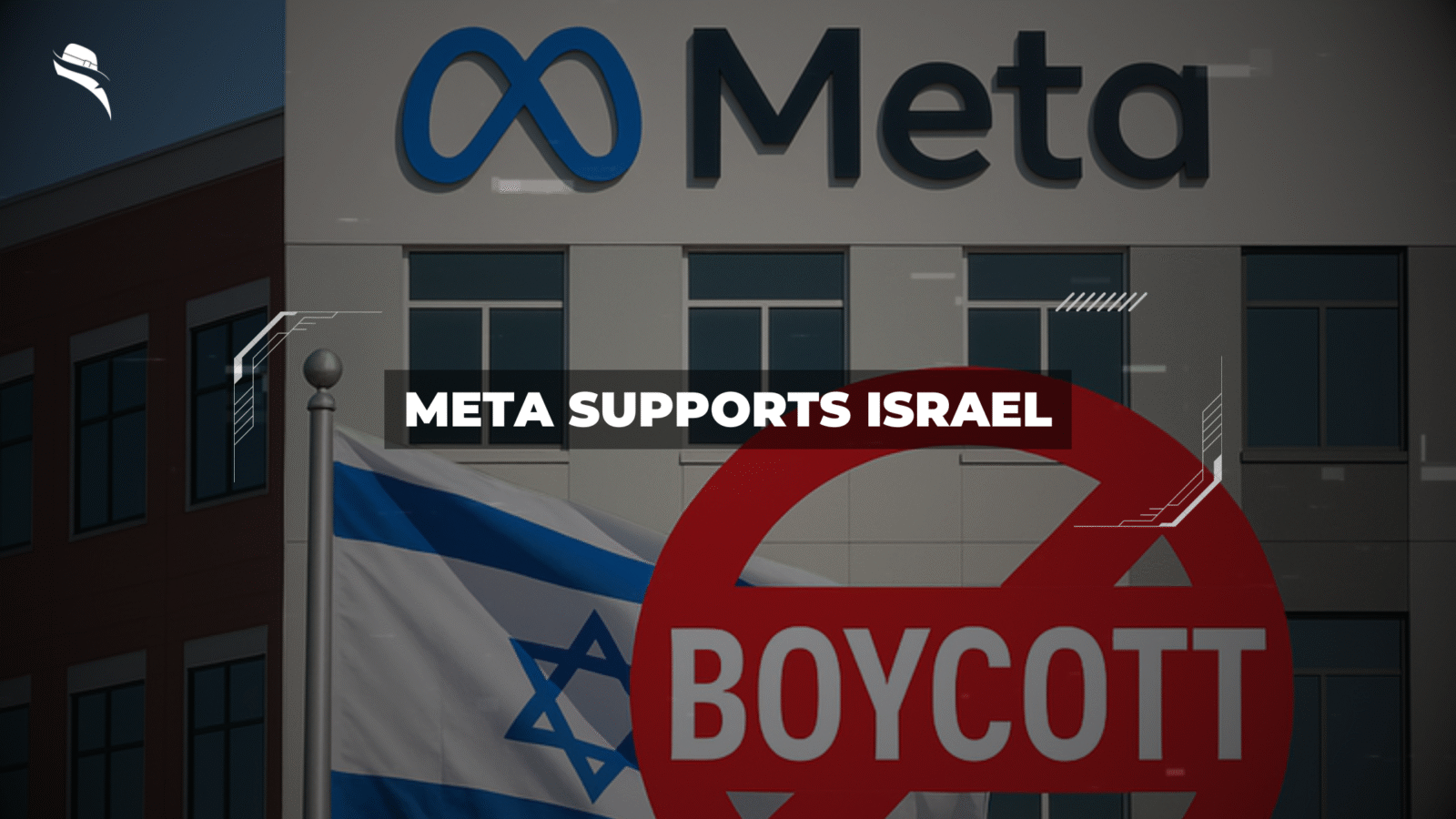
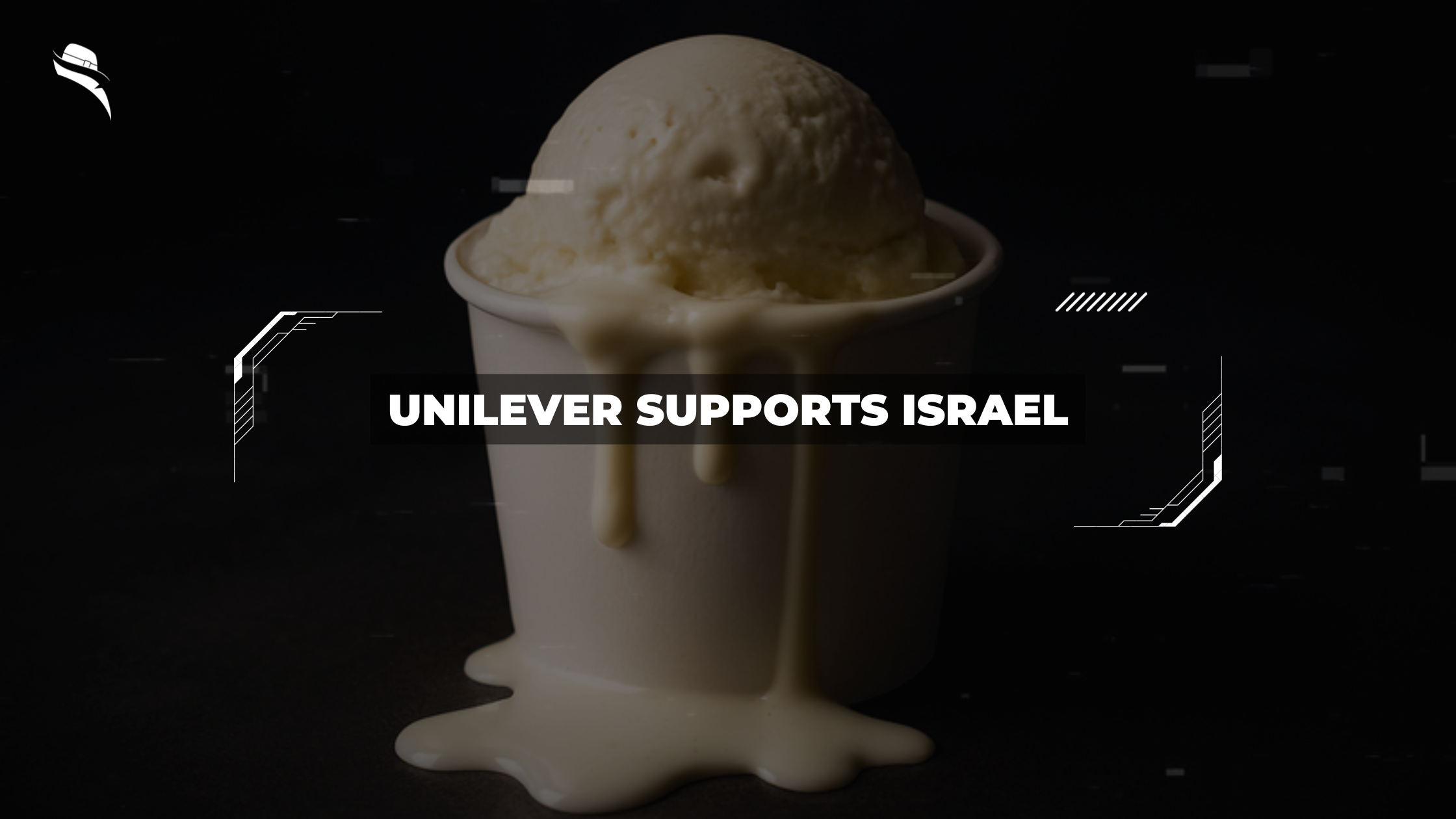
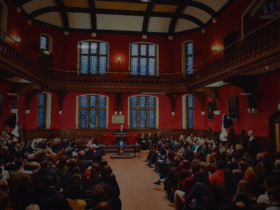
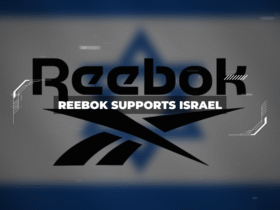
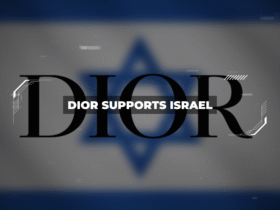
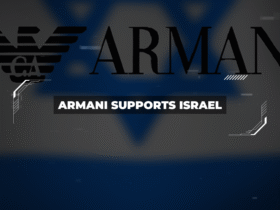
1 Comment